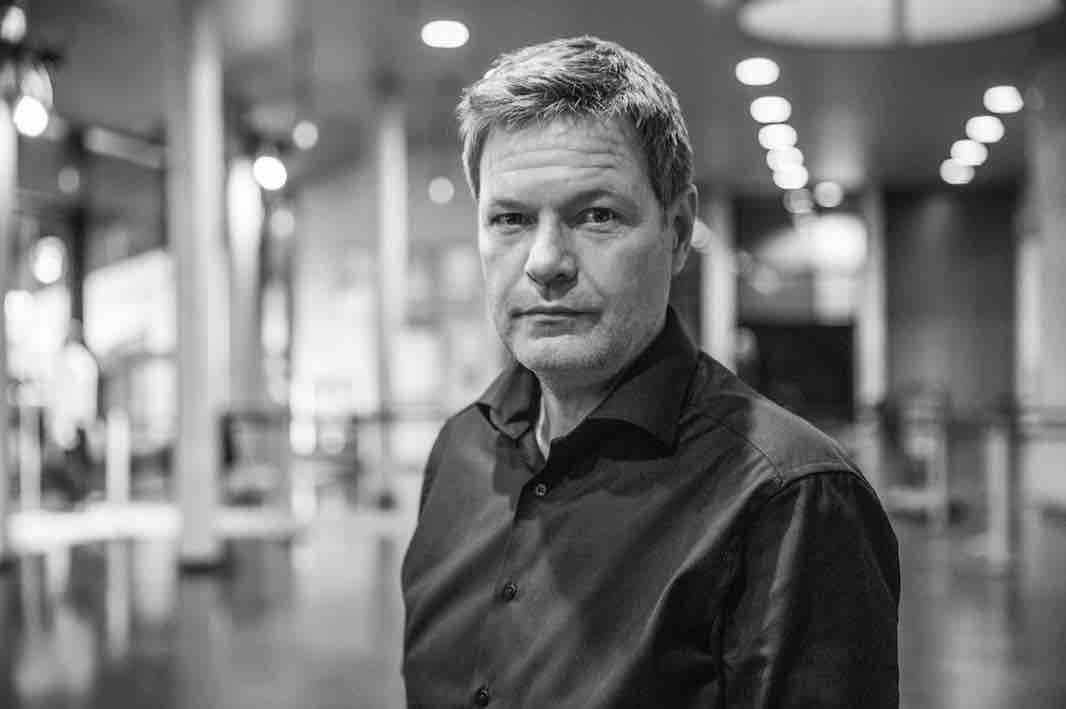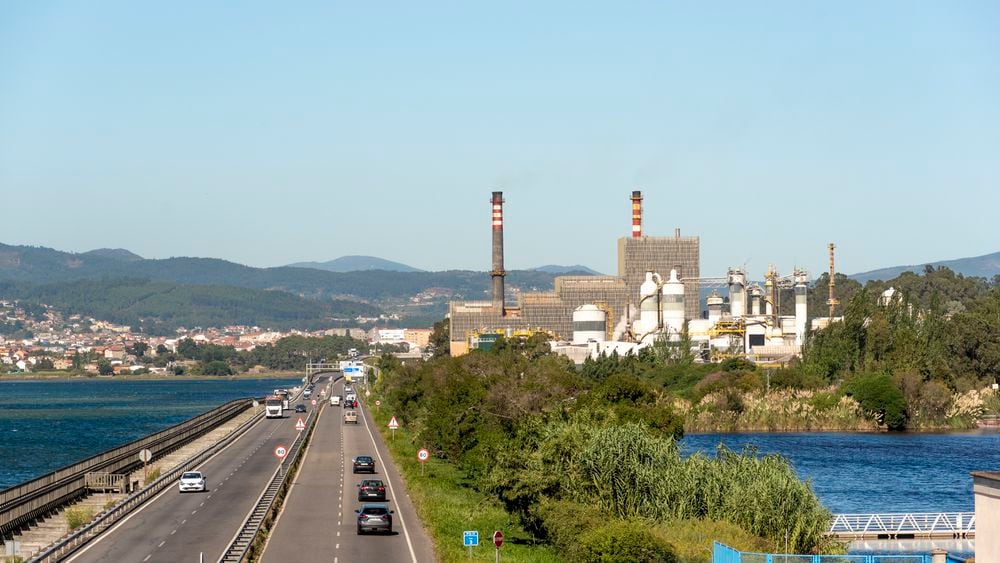Mr. Habeck, during the pandemic you repeatedly brought yourself into the debate with demands and theses that suggest an understanding of the way of working and living in many areas of culture. For example the ten-point plan to save the event industry or the entrepreneur’s wages for cultural workers. For others, this understanding does not seem to be as pronounced. What is the reason for this according to your observation?
There are also politicians in parliaments who have worked in the arts and culture themselves. But many are not. And that’s why it’s true: some of them are not only unfamiliar with the specific working conditions; For them, the world is basically divided into people with permanent jobs, i.e. salaried employees and workers on the one hand, and self-employed people, i.e. established doctors, lawyers and entrepreneurs. It is sometimes difficult for some to understand that the art and culture industry is at the same time free and a kind of service company for society, that it runs across the classic dividing lines. There are, so to speak, two dominant ideas: Either you are employed and now receive short-time allowance in Corona times or you are self-employed and get support for running costs. But that one is creative, has hardly any running costs and still needs an entrepreneur’s wages, does not take place in the perception.
The creative industry is not alone in this, by the way. The artists and cultural workers stand side by side with a lot of self-employed people in the service sector. It has now become abundantly clear that there are new hybrid forms of work – sometimes employed, sometimes self-employed, or both at the same time – that are poorly socially protected and do not have a sufficient lobby.
In November 2020 you stated that the support for the arts and culture sector was well below what other industries received. What should the music and especially the event industry do to make itself heard better?
Well, the actions did exist. And of course it helps to keep the pressure up and keep demonstrating to draw attention to yourself. The crisis has also resulted in the various associations in the music and event industry coordinating closely and appearing together. That is the right signal. However, it is not just about individual creatives, but rather a form of work that has not been adequately taken into account so far. If you work out the systematic problem, then it becomes really political.
It is also time to focus on the fundamental importance of art and culture. Unfortunately, politically, it is often viewed more as an ornament: It’s nice when it exists, but okay, if necessary it can be done without it. The cultural spaces are those in which a society continues, in which values and visions are newly formed. Germany is in love with its classic cliché as the country of “poets and thinkers”. We should be aware that what sets this country apart is not just its gross domestic product and the debt brake, but also its ideas and values.
In your opinion, what steps should be taken to translate these findings into political action?
Massive public investments in public spaces, minimum security for creative people and an equal appreciation of all forms of culture in funding are required in order to abolish the distinction between serious and popular music. A kind of renaissance, a new heyday, would be great and it can be promoted politically. Also by allowing more political freedom: vacant buildings can then be used culturally, public spaces can be artistically upgraded – this encourages the courage to experiment. We achieve this by enhancing culture politically, not just bureaucratically, but with a real love for discourse.
The questions to Robert Habeck were submitted in writing and answered for the cover story of the current ROLLING STONE, BackToLive.
<!–
– –>
<!–
–>
–


